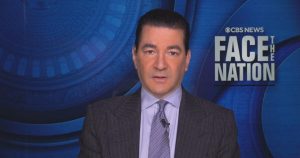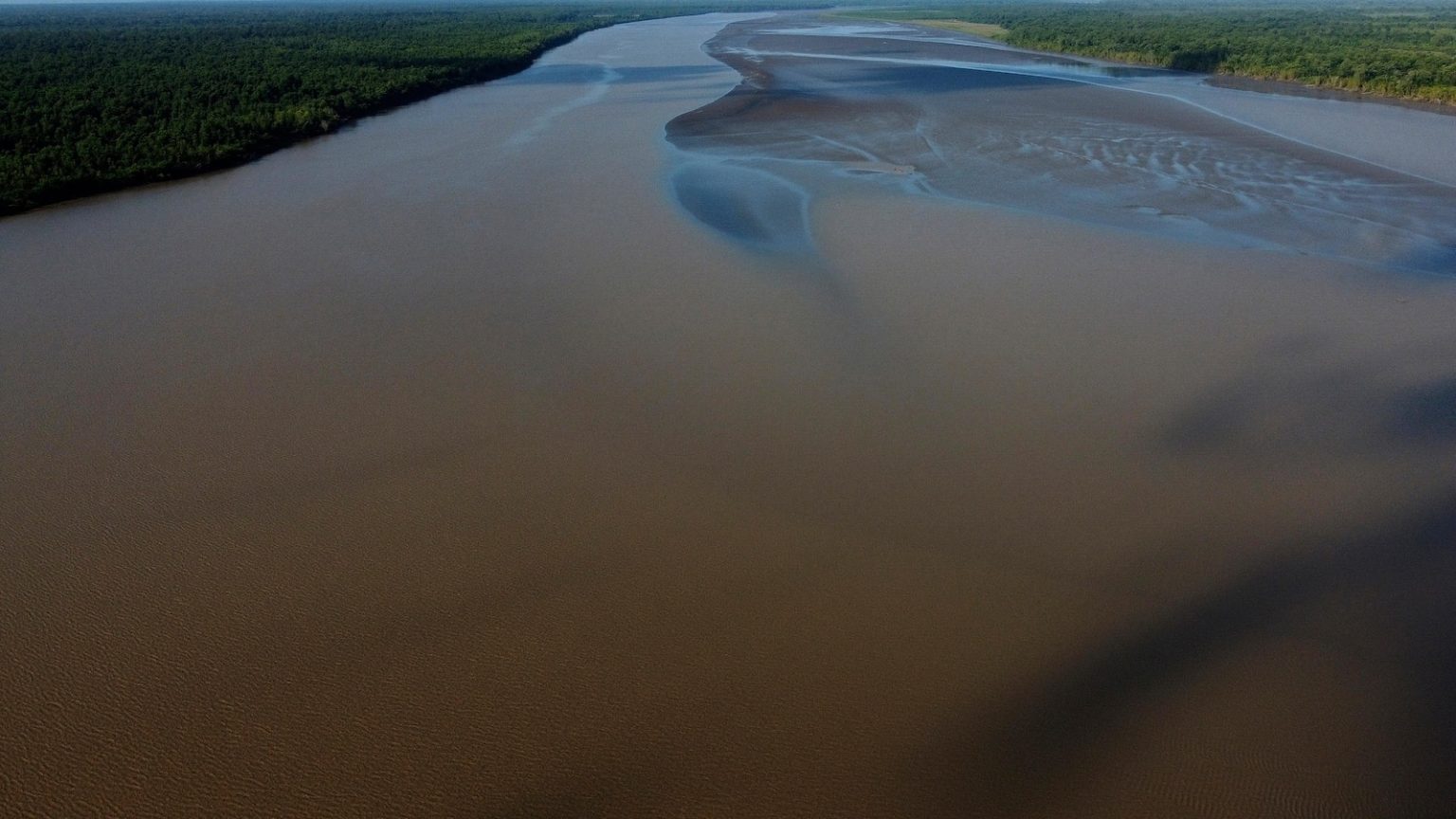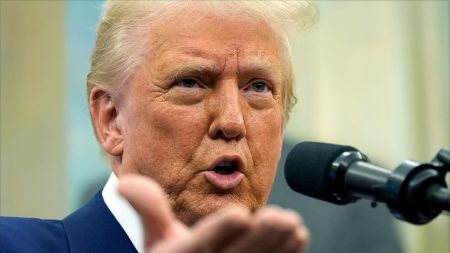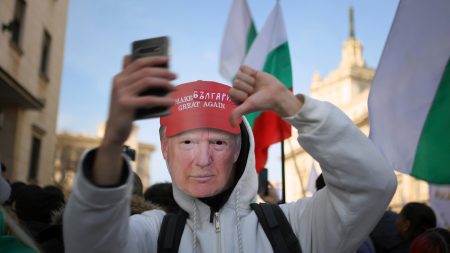Brazil’s Strategic Move to Join OPEC+: A New Era for a Rising Oil Power
In a significant geopolitical maneuver, Brazil’s government announced its decision to join OPEC+, a coalition of major oil-exporting nations, marking a pivotal moment in the country’s evolution as a major oil producer. This move comes just nine months before Brazil is set to host the United Nations’ annual climate summit, COP30, in November. The approval was granted by the National Council for Energy Policy in response to an official invitation extended in 2023. OPEC+, which includes the 12 core OPEC member states and 10 additional significant oil-producing nations, such as Russia, serves as a platform for coordinating oil production to stabilize global energy markets. Brazil’s entry into this influential group underscores its growing prominence in the global oil industry, positioning it as a key player in shaping the future of energy production.
Understanding OPEC+ and Brazil’s Role in the Group
OPEC+, a broader alliance that includes both OPEC members and non-member oil-producing countries, operates primarily to stabilize oil prices and ensure a steady supply of oil in the global market. While OPEC members are often required to adhere to production quotas, non-OPEC participants, like Brazil, are not obligated to make production cuts. Mines and Energy Minister Alexandre Silveira emphasized that Brazil’s participation will be limited to the Charter of Cooperation, a platform for discussing strategic issues related to the oil industry. This means that Brazil will not be bound by any mandatory production limits but will instead engage in dialogue and collaboration with other member states. Silveira described the charter as “a forum for discussing strategies among oil-producing countries,” stressing that Brazil should embrace its identity as an oil producer while seeking opportunities for growth, development, and job creation.
A Green Agenda vs. Oil Ambitions: Theadox of Brazil’s Environmental Policy
President Luiz Inácio Lula da Silva, who began his third term in 2023, has long been recognized as a strong advocate for environmental protection. His administration has made strides in reducing deforestation in the Amazon rainforest, a critical biodiversity hotspot, and advancing Indigenous rights. However, Lula has also argued that revenue generated from oil production could be instrumental in financing Brazil’s transition to green energy. This dual approach has sparked debate, particularly as the government pushes for exploratory drilling in environmentally sensitive areas, such as the mouth of the Amazon River. Critics argue that expanding oil exploration in one of the world’s most biodiverse regions contradicts Brazil’s environmental commitments and undermines its credibility ahead of COP30.
Brazil’s Oil Industry: Growth and Global Significance
Brazil is currently the world’s seventh-largest oil producer, accounting for approximately 4.3 million barrels of oil per day, or about 4% of global production, according to the U.S. Energy Information Administration. In 2024, crude oil surpassed soy as Brazil’s top export, making up 13.3% of the country’s foreign sales. This growth underscores the economic importance of the oil sector to Brazil’s economy. However, the pursuit of increased oil production has drawn criticism, particularly as the world transitions toward renewable energy sources. The United States and Saudi Arabia remain the largest oil producers globally, with the U.S. producing nearly 22 million barrels per day and Saudi Arabia, the largest OPEC member, producing about 11 million barrels daily.
Environmental Critics Sound the Alarm: A Setback for Climate Action?
Brazil’s decision to join OPEC+ and expand its oil production has been met with sharp criticism from environmental groups. Suely Araújo, a spokesperson for the Climate Observatory, a coalition of 133 environmental, civil society, and academic organizations, described Brazil’s entry into OPEC+ as a “setback” for the government. She argued that opening new areas for fossil fuel exploration reflects a reliance on outdated solutions to meet the challenges of climate change. Araújo emphasized that such actions signal a disconnect between Brazil’s environmental aspirations and its economic priorities, particularly at a time when global efforts are focused on reducing fossil fuel use to combat climate change.
Brazil’s Dilemma: Balancing Economic Growth and Climate Leadership
As Brazil prepares to host COP30, the country faces a critical dilemma: how to reconcile its growing role as an oil producer with its commitment to climate action. President Lula’s administration has framed oil revenues as a potential lifeline for funding a green energy transition, but critics warn that expanding oil production undermines this vision. Brazil’s membership in OPEC+ further complicates its position as a climate leader, raising questions about whether the country can simultaneously advocate for environmental protection and remain a major player in the fossil fuel economy. The coming months will be crucial in determining whether Brazil can navigate this complex landscape and emerge as a champion of sustainable development on the global stage.















